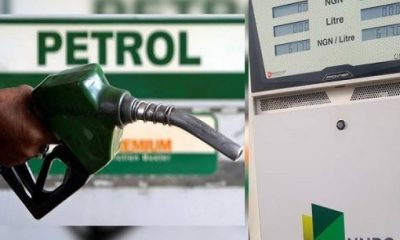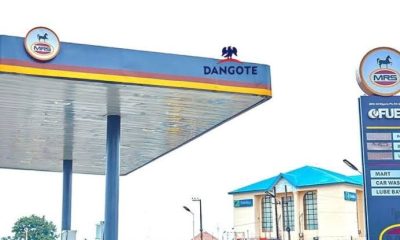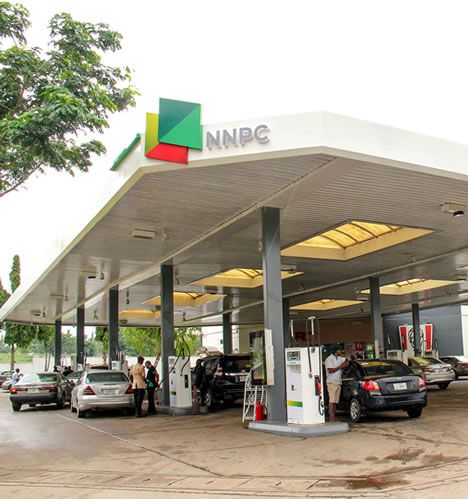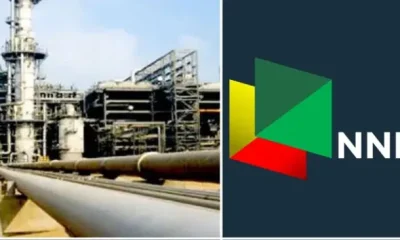Special Features
Hope And Caution: Nigeria’s Energy Sector Braces For Refinery Resurgence And Price Shifts
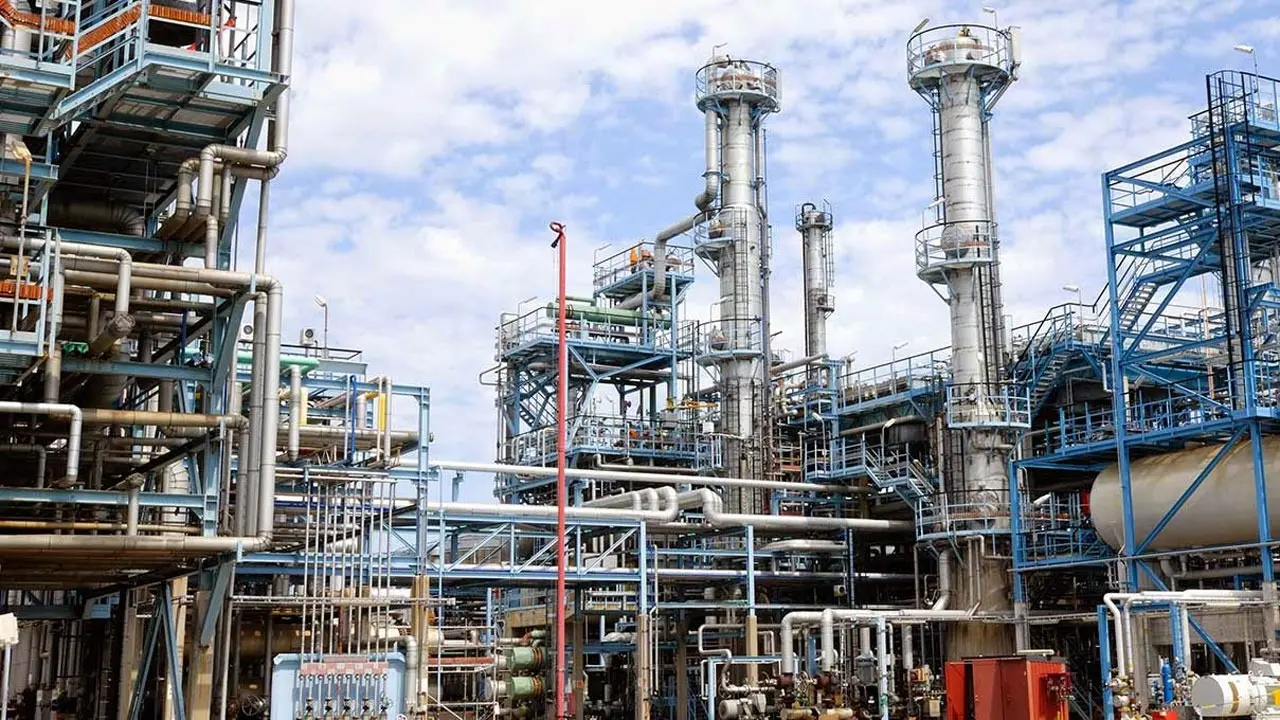
In Nigeria’s dynamic energy landscape, recent developments regarding refinery operations and potential fuel price adjustments are sparking both excitement and caution.
As we navigate these changes, it’s essential to dissect their implications and chart a course that prioritizes sustainability, affordability, and equitable access to energy resources for all Nigerians.
EDITOR’S PICKS
- BREAKING: Prominent Activist, Fawaz Alabi Drowns At Lagos Beach
- JUST IN: PDP’s Senator Urhoghide Officially Joins APC
- JUST IN: Suspected Yoruba Nation Agitators Invade Oyo Secretariat
Hope for Refineries: The news of the Port Harcourt refinery gearing up for production brings a glimmer of hope for improved fuel availability and reduced shortages. For many Nigerians, long queues at petrol stations and fuel scarcity have been all too familiar, causing inconvenience and economic strain.
The revival of refinery operations presents an opportunity to address these challenges and enhance energy security. However, sustaining refinery operations requires robust maintenance practices, infrastructural investments, and effective management to ensure uninterrupted production and long-term viability.
Anticipating Dangote’s Impact: The looming entry of the Dangote refinery into the market has sparked anticipation and speculation. With its significant capacity and potential to disrupt the market, there are hopes for increased competition and efficiency.
However, we must tread cautiously, mindful of potential repercussions such as price volatility and market instability. While competition can benefit consumers by driving down prices and improving services, it also poses risks if not adequately managed. As Dangote’s refinery becomes operational, it will be imperative to monitor its impact on market dynamics and consumer welfare closely.
Fuel Price Speculations: Amidst talks of potential fuel price reductions, it’s essential to temper expectations with realism. While lower fuel prices would undoubtedly provide relief for consumers, several factors influence fuel pricing, including global market trends, exchange rates, and government policies.

Refinery Resurgence
While it’s encouraging to hear discussions about petrol prices dipping below certain thresholds, we must remain vigilant and recognize the complexity of fuel pricing mechanisms. Ensuring sustainable and equitable access to affordable fuel requires a multifaceted approach that addresses both domestic and global factors influencing pricing dynamics.
Dangote’s Pledge: Aliko Dangote’s pledge to reduce diesel prices nationwide signifies a commitment to affordability and consumer welfare. Lower diesel prices can have far-reaching benefits, particularly for transportation and industrial sectors, where diesel is a primary fuel source.
However, sustaining this commitment requires operational efficiency, regulatory compliance, and fair market practices. As Dangote’s refinery endeavours to make diesel more affordable, it’s essential to ensure that these benefits reach consumers consistently and transparently.
FURTHER READING
- Mr Ibu’s Family Announces Burial Arrangement Of Late Actor
- Fire At Dosunmu Market Caused By Traders’ Recklessness – Sanwo-Olu
- Police Bust Transformer Theft Ring: AEDC Official, Five Others Apprehended In FCT Operation
In conclusion, Nigeria stands at a pivotal juncture in its energy journey, with refinery operations and potential fuel price adjustments offering both opportunities and challenges. Balancing the imperatives of sustainability, affordability, and market competitiveness is paramount as we navigate these shifts.
By fostering a conducive environment for investment, promoting transparency, and strengthening regulatory frameworks, Nigeria can harness the transformative potential of its energy sector to drive inclusive growth and prosperity for all.
Click to watch our video of the week
Advertise or Publish a Story on EkoHot Blog:
Kindly contact us at [email protected]. Breaking stories should be sent to the above email and substantiated with pictorial evidence.
Citizen journalists will receive a token as data incentive.
Call or Whatsapp: 0803 561 7233, 0703 414 5611




